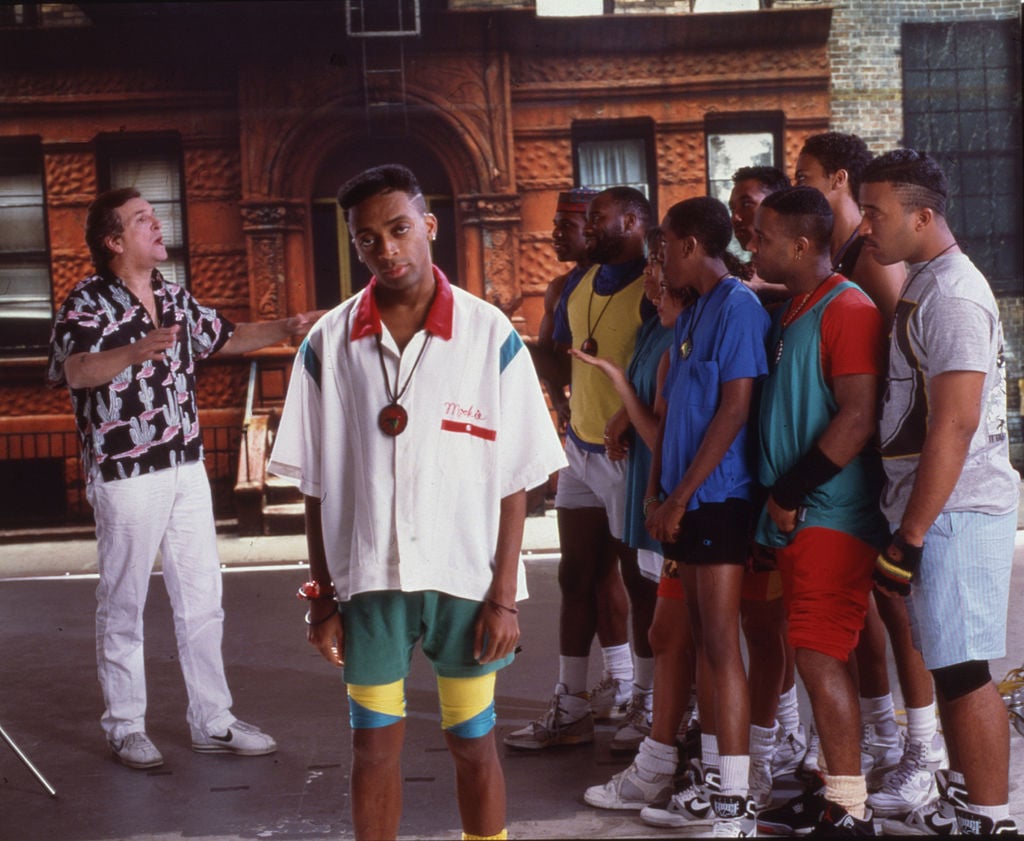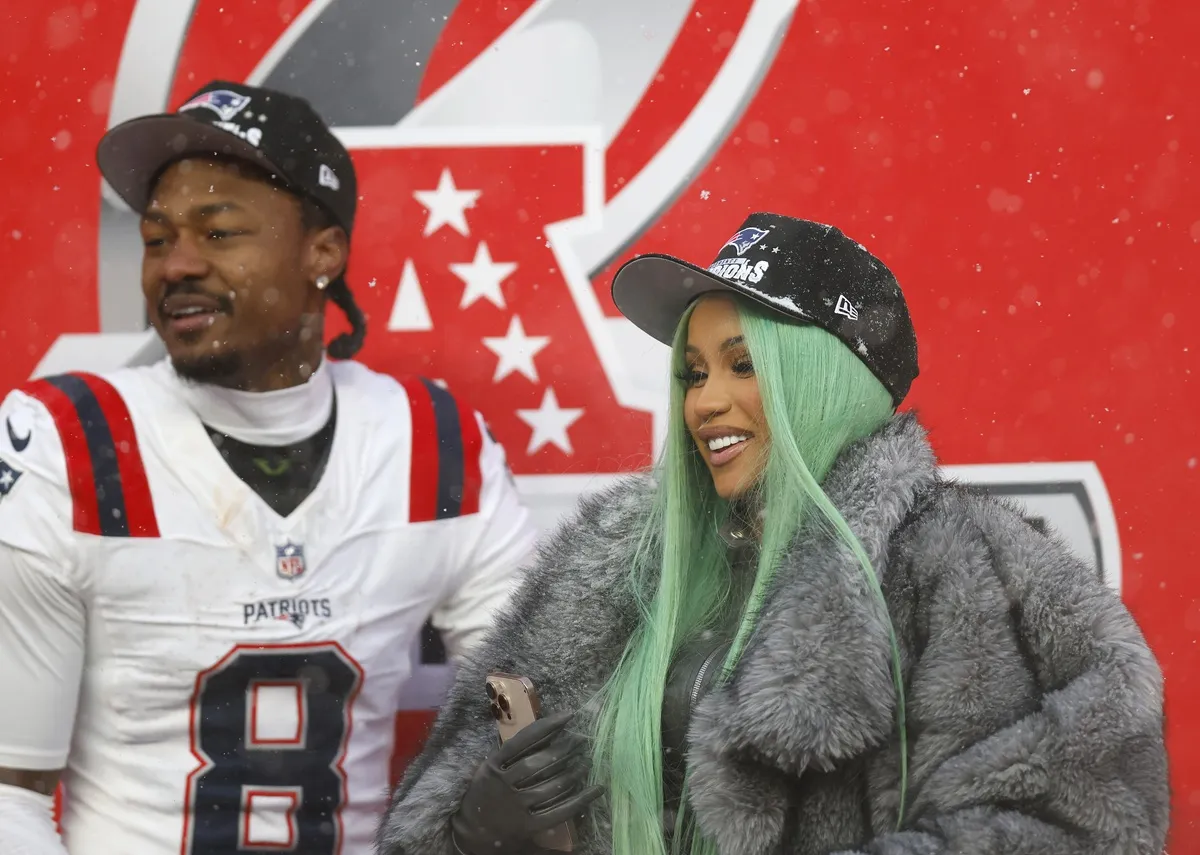The ‘Radio Raheem’ Murder in ‘Do the Right Thing’ Was Based on the Death of a Real Person, Says Spike Lee
From Jungle Fever to Black KkKlansman, prolific storyteller Spike Lee exposes social issues such as systemic racism and violence. And he does so brilliantly through the art of moviemaking. Lee recently opened up about the heart-wrenching death scene in Do the Right Thing, the story upon which the sequence was based, and the significance of the film today.

‘Do the Right Thing’ exposed harsh realities
“Do the Right Thing opened June 30, 1989, and it’s as relevant as if it came out yesterday,” Lee said in an interview for IMDb’s Through the Lens. Season 1 episode 10 of the documentary series is titled, “Spike Lee: Four Decades of ‘Wake Up!” and is now streaming on IMDb.com. In the program, Lee talked about his frequent use of the phrase ‘Wake up,’ in films such as Do the Right Thing.
Do the Right Thing is a raw, unfiltered view of bigotry on the backdrop of a typical Brooklyn, New York, neighborhood. In the story, on the hottest day of the year, racial tensions rise and explode into a protest. By the end, one of the characters, Radio Raheem, has been choked to death on the street by New York City police officers.
Spike Lee ponders progress
In Do the Right Thing, a character laments that Radio Raheem’s death was just like Michael Stewart’s. When speaking with Through the Lens, Lee described the true story of Stewart, which inspired the death scene in his movie. “The murder of Radio Raheem by the NYPD was based upon the murder of the graffiti artist named Michael Stewart by New York City transit cops,” revealed Lee.
According to NPR, “Witnesses saw police hitting Stewart, who was handcuffed on the ground, with billy clubs. As he was screaming for help, officers kicked him repeatedly, even choking him with a nightstick until those screams turned to silence. His arms and legs were finally bound behind his back, at which point witnesses saw the police throw his listless body — which weighed a mere 140 pounds — into a police van for transport to Bellevue.” All six officers involved were acquitted.
In his interview, Lee listed several Black individuals who have died while in police custody, including Eric Garner in 2014 and George Floyd in 2020. He then pondered, “How much progress has there been when we see what has happened recently, far too recently, far too often, the murder of Black bodies… Black souls?”
Spike Lee says the recent protests have been ‘heartwarming’
Floyd was just one in a long list of Black Americans to die while in police custody. And the viral video — in which a police officer kneeled on Floyd’s neck as he begged for air before going motionless — set off a wave of protests. Citizens are demanding changes that would prevent such a tragedy from happening in the future. Lee commented on the current era of revolution, saying this:
I’m seeing it today. I saw it in Santa Monica [and] LA. I see it in Des Moines, Iowa, [and] Salt Lake City. My fellow Americans, particularly the younger generation, are out there in the streets, joining hands with their Black and brown brothers and sisters. Or sometimes alone where there’s no Black or brown people around them. So, that’s very heartwarming for me. Something that I haven’t seen since I was a young kid.
Spike Lee on IMDb’s Through the Lens


